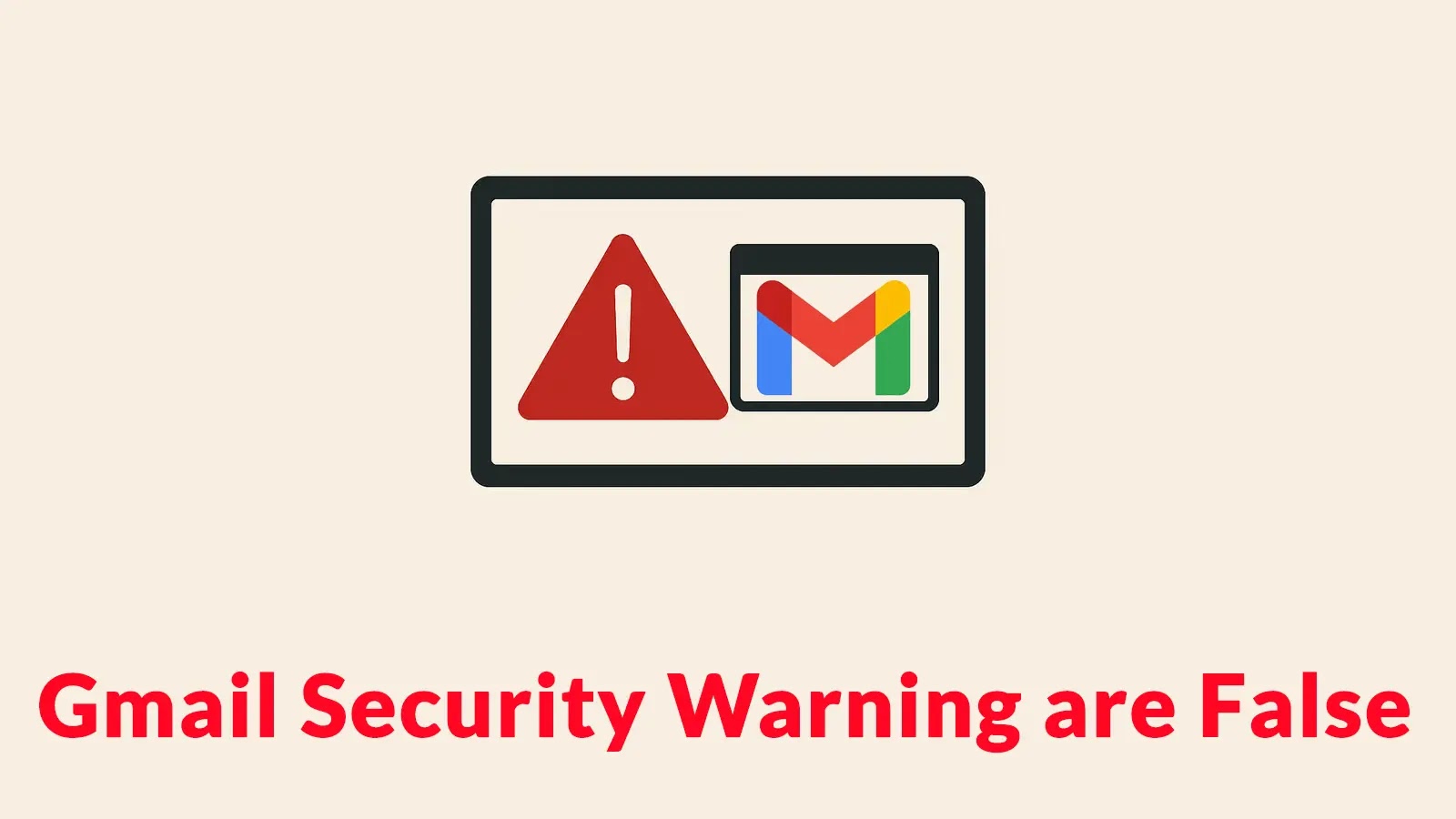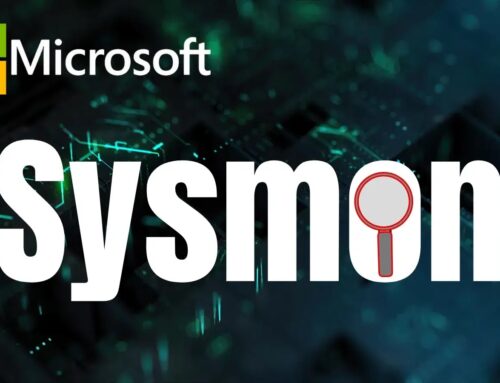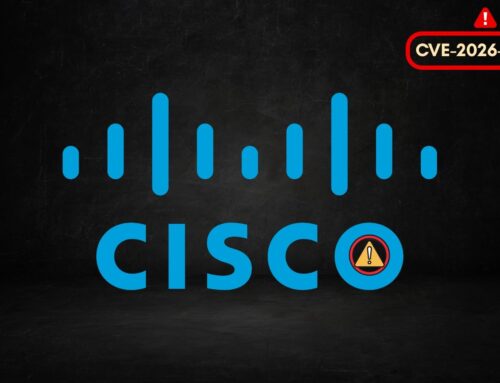
Google Confirms That Claims of Major Gmail Security Warning are False
Busting the Buzz: Google Confirms No Major Gmail Security Alert Was Issued
The cybersecurity landscape is often a battleground of genuine threats and swirling misinformation. Recently, a significant wave of concern rippled through the digital community regarding widespread claims of a major security warning issued by Google to its Gmail users. As expert cybersecurity analysts, it’s our imperative to dissect these claims and provide clarity. Google has unequivocally stated that these reports are false, a crucial piece of information for anyone managing digital assets.
The Anatomy of Misinformation: What Actually Happened?
On September 1, 2025, Google directly addressed the burgeoning rumors. The technology giant confirmed that no broad security alert was ever issued to its user base concerning a major Gmail security vulnerability. This debunking comes after these inaccurate reports circulated widely across various online platforms, causing unnecessary alarm among users and IT professionals alike. Such instances highlight the critical need for users and organizations to verify information with official sources before reacting.
Understanding the Impact of False Alarms
False security warnings, while seemingly benign, can have several detrimental effects. Firstly, they desensitize users to genuine threats. If users are constantly exposed to unverified “warnings,” they may become complacent when a legitimate alert is issued. Secondly, these false alarms consume valuable resources. Security teams might spend time and effort investigating non-existent threats, diverting attention from real vulnerabilities and ongoing incident response. Lastly, they can erode user trust in official communication channels, making it harder for legitimate security notices to be taken seriously.
Why Verification is Paramount: A Cybersecurity Best Practice
In an era where information spreads at lightning speed, validating the authenticity of security alerts is non-negotiable. Always prioritize official company statements and reputable cybersecurity news sources. For instance, had there been a true major Gmail security warning, Google would have communicated this directly through official channels, such as their blog, in-app notifications, or verified social media accounts, not through unconfirmed third-party reports.
- Check Official Sources: Always refer to the official company blog, security bulletins, or press releases.
- Cross-Reference Information: Verify claims with multiple reputable cybersecurity news outlets.
- Be Wary of Unsolicited Communications: Even if an email or message appears to be from a legitimate service, be cautious if it asks you to click links or provide credentials.
Reinforcing Your Gmail Security Posture
While the recent widely rumored security warning was indeed false, ongoing vigilance regarding your Gmail account security remains paramount. Proactive measures are always the best defense against potential threats. Strengthening your account defenses is a continuous process.
- Enable Two-Factor Authentication (2FA): This adds an extra layer of security, requiring a second verification step beyond your password. Google offers robust 2FA options, including prompts on your phone and security keys.
- Use Strong, Unique Passwords: Avoid reusing passwords across different services. Leverage a reputable password manager to generate and store complex, unique passwords for all your accounts.
- Regularly Review Security Settings: Periodically check your Google Security Checkup. This tool provides personalized recommendations to improve your account’s security.
- Be Vigilant Against Phishing: Phishing attempts are a persistent threat. Be cautious of suspicious emails asking for login credentials or personal information. Always check the sender’s email address and hover over links before clicking.
- Update Your Browser and Operating System: Keeping your software up-to-date ensures you have the latest security patches, protecting you from known vulnerabilities.
Conclusion: The Enduring Battle Against Misinformation
The episode surrounding the false Gmail security warning serves as a salient reminder of the constant influx of information, both accurate and misleading, that cybersecurity professionals and users navigate daily. Google’s swift debunking of these claims reaffirms the importance of official communication in maintaining public trust and managing digital security effectively. For users, the key takeaway is clear: always verify before you trust, especially when it comes to sensitive security information. Maintain strong security practices, remain skeptical of unverified alerts, and rely on official sources to stay truly secure online.





